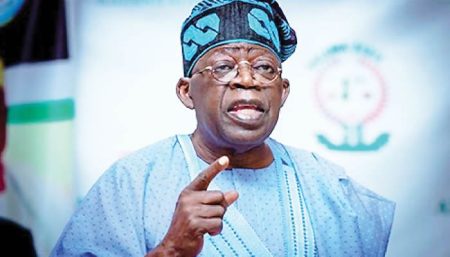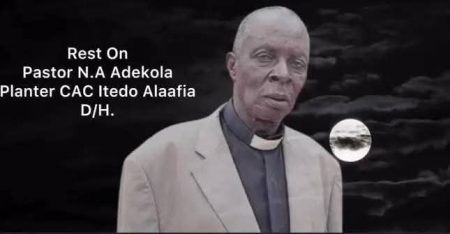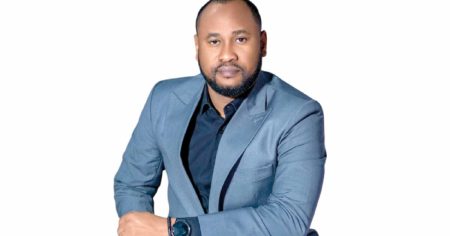The media landscape has undergone a seismic shift in recent decades, transitioning from the traditional realms of print and broadcast to the dynamic and ever-evolving digital sphere. This transformation has presented both opportunities and challenges for journalists, necessitating a renewed focus on credibility and ethical standards in the pursuit of accurate and responsible information dissemination. A recent lecture organized by the Department of Mass Communication, Lagos State University of Science and Technology (LASUSTECH), in partnership with the DSE Foundation, brought together prominent media stakeholders to address these crucial issues, celebrating the legacy of Lateef Jakande, a legendary Nigerian journalist and the first civilian governor of Lagos State, whose career exemplified these very principles. The event served as a platform for veteran journalists, academics, and media professionals to discuss the evolving nature of journalism and the enduring importance of upholding ethical practices in the digital age.
Gbenga Adefaye, former Editor-in-Chief of Vanguard newspapers and Provost of the Nigerian Institute of Journalism, delivered the keynote address, emphasizing the paramount importance of credibility in journalism. He argued that trust, the cornerstone of journalistic integrity, is earned through transparency, humility, and meticulous reporting. Adefaye urged journalists to embrace the technological advancements that have reshaped the media landscape, including data journalism and immersive storytelling, while simultaneously adhering to the ethical principles exemplified by Jakande, who skillfully utilized the tools of his time, spanning print and broadcast media. Adefaye highlighted the dual nature of digital platforms, describing them as powerful tools that possess the potential to both liberate and manipulate information. He called upon journalists to actively guide this transformation by infusing new technologies with timeless ethical values, ensuring that journalism remains a beacon of truth and public service, mirroring Jakande’s enduring legacy.
The call for upholding credibility in journalism resonated throughout the lecture, with other veteran journalists echoing Adefaye’s sentiments. Monzor Olowosago, Publisher of Oriwu Sun newspaper, along with Taiwo Obe, Lekan Otufodunrin, and Adesola Kosoko, General Manager of LTV 8, underscored the critical role of credibility in maintaining public trust and ensuring the responsible dissemination of information. They emphasized the need for journalists to maintain accuracy, fairness, and impartiality in their reporting, regardless of the platform or medium used. This collective emphasis on credibility highlighted the shared understanding among media professionals that journalistic integrity remains essential, particularly in the face of the challenges posed by the digital age.
Professor Olumuyiwa Odusanya, Vice Chancellor of LASUSTECH, contextualized the event within the broader framework of Jakande’s legacy, describing the lecture as the university’s contribution to honoring his memory. He highlighted Jakande’s enduring influence as a model of good governance and emphasized the importance of upholding his journalistic principles in contemporary media practice. Jakande’s career, spanning journalism and public service, serves as a powerful reminder of the transformative potential of ethical and responsible media engagement. The event underscored the importance of remembering and learning from past leaders who exemplified the qualities of integrity and public service.
The convergence of veteran journalists, academics, and media professionals at the LASUSTECH lecture highlighted the collective commitment to upholding journalistic ethics in the digital age. The speakers emphasized the importance of embracing technological advancements while remaining steadfast in the pursuit of truth, accuracy, and responsible reporting. This commitment to ethical practice serves as a bulwark against the potential for misinformation and manipulation in the digital sphere. The event served as a timely reminder of the critical role that credible journalism plays in a democratic society, particularly in an era of rapid technological change and information overload.
The discussions at the lecture underscored the need for continuous dialogue and collaboration among media stakeholders to navigate the evolving challenges and opportunities of the digital landscape. By upholding the principles of credibility, transparency, and ethical practice, journalists can ensure that the media remains a powerful force for positive change, informing and empowering citizens, and holding those in power accountable. The legacy of Lateef Jakande serves as a powerful inspiration for journalists to remain steadfast in their commitment to truth and public service, upholding the highest standards of journalistic integrity in the pursuit of a more informed and just society.














